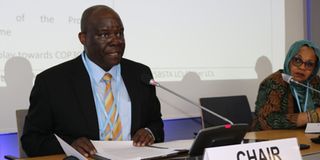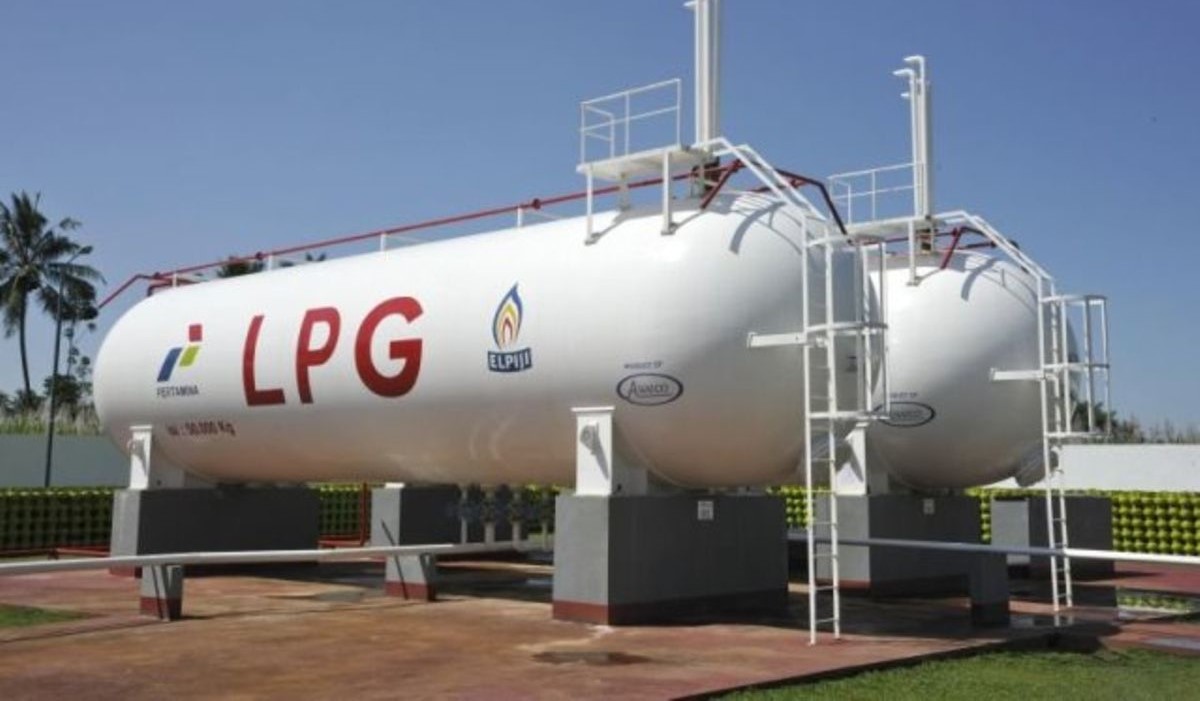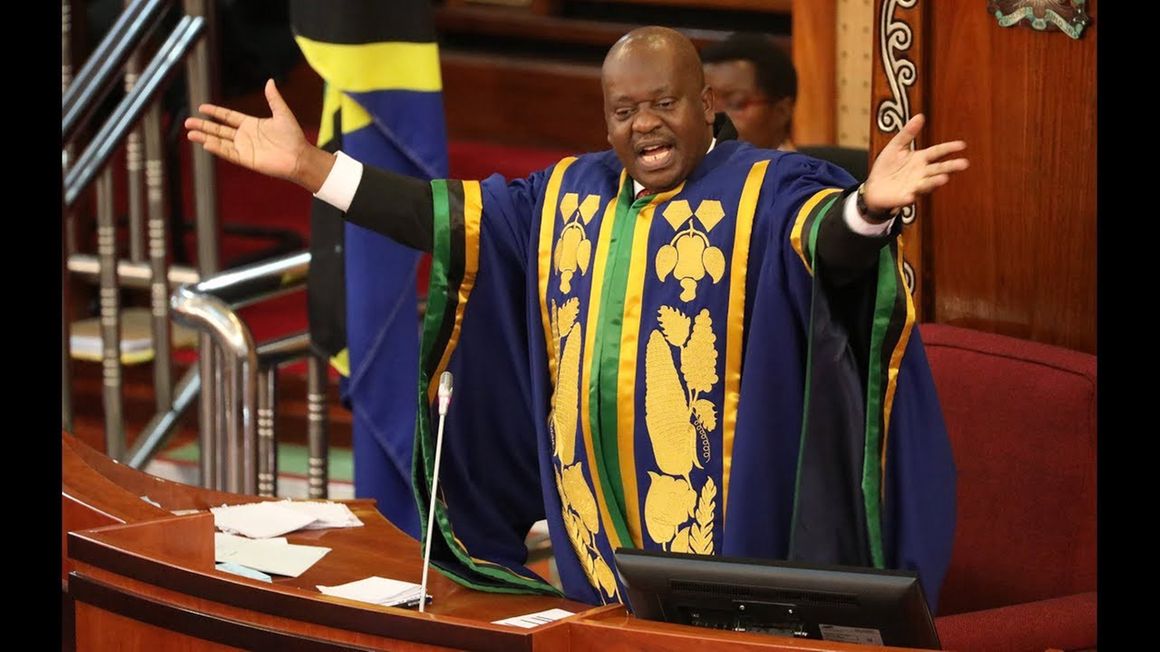Africa puts energy access, climate finance at the heart of Bonn talks

African Group of Negotiators on Climate Change (AGN) Chair, Dr Richard Muyungi, engages with fellow African delegates during the ongoing 62nd session of the UN Climate Change Subsidiary Bodies (SB62) in Bonn, Germany. The session runs from June 16 to 26, 2025. PHOTO | COURTESY
What you need to know:
- The pledge was made during the 62nd session of the UN Climate Change Subsidiary Bodies (SB62), currently underway in Bonn, Germany, from June 16 to 26, 2025.
Bonn. The African Group of Negotiators on Climate Change (AGN) has reaffirmed its commitment to advancing Africa’s climate agenda, placing energy access, adaptation, and climate finance at the forefront of discussions.
The pledge was made during the 62nd session of the UN Climate Change Subsidiary Bodies (SB62), currently underway in Bonn, Germany, from June 16 to 26, 2025.
The talks come at a pivotal moment as developing nations continue to call for more ambitious and equitable climate action.
Speaking from Bonn, AGN Chairperson, Dr Richard Muyungi, outlined six key priorities for Africa: adaptation, finance, just transition, mitigation, clean cooking, and Mission 300.
He said that at the core of Africa’s demands is the urgent need to end energy poverty, which continues to undermine progress in health, education, agriculture, and climate resilience.
“Africa’s energy poverty is well documented. Our leaders, under the African Union, have endorsed Mission 300 and clean cooking as flagship programmes to transform the continent from its current energy deficit,” said Dr Muyungi.
“These initiatives must be integrated into our negotiations to ensure they deliver for Africa and support global climate goals,” he added.
Mission 300, a joint initiative by the World Bank and African Development Bank, seeks to connect 300 million Africans to electricity by 2030.
Running alongside it is the clean cooking programme, which aims to expand access to affordable and safe cooking solutions, especially in underserved communities, by mobilising private sector investment.
Both initiatives—championed by Tanzanian President Samia Suluhu Hassan—were formally adopted as African Union flagship programmes in February 2025.
Dr Muyungi, who also advises President Hassan on environment and climate change, said the AGN resolved during its April strategic meeting in Zanzibar to fully integrate Mission 300 and clean cooking into the just transition and mitigation workstreams.

In addition to energy access, he said the AGN is placing strong emphasis on the need for clarity and urgency in delivering the New Collective Quantified Goal (NCQG) on climate finance.
The African Union’s “Baku to Belém Roadmap” calls for a minimum of $1.3 trillion annually by 2035 to support developing countries in implementing climate adaptation and mitigation strategies.
The AGN is also advocating for ambitious and well-supported third-generation Nationally Determined Contributions (NDCs 3.0), the acceleration of National Adaptation Plans (NAPs), and the defence of Africa’s equity-based position on key issues such as loss and damage, technology transfer, and transparency.
During the talks in Berlin, Dr Muyungi reminded delegates that Africa’s strength in climate negotiations lies not in its economic weight or emissions profile, but in its unity.
Quoting climate negotiations expert Florian Weiler, he said: “AGN reduces contradictory bargaining, prevents external influence from fragmenting us, and amplifies our presence.”
He further noted that this unity has, over the years, helped elevate adaptation to the heart of global climate negotiations, leading to the establishment of the Global Goal on Adaptation and reinforcing the message that adaptation is a shared global responsibility—not just a local challenge.
Dr Muyungi reaffirmed that Africa is not only a vulnerable continent, but also a transformative force in the global climate movement.
“Africa’s natural wealth is not a burden, but a lever to leapfrog into a low-carbon future and drive inclusive, sustainable growth,” he said.
As the negotiations continue in Bonn, the AGN insists Africa is not a bystander, but a key actor shaping the global climate future.





